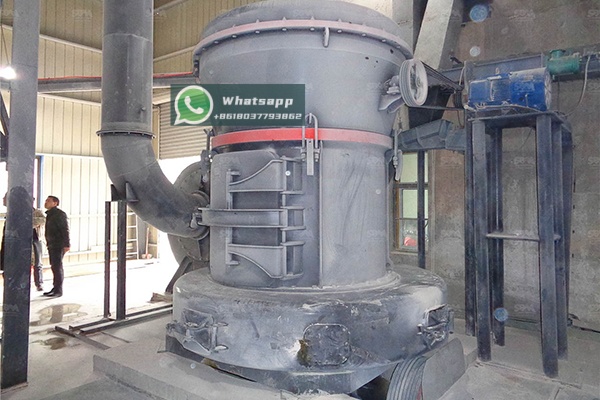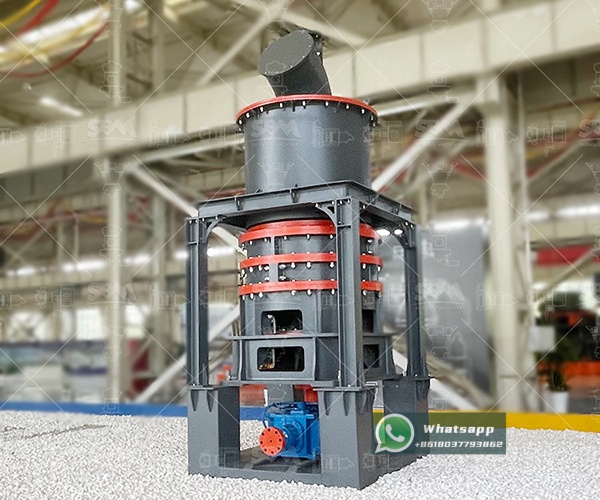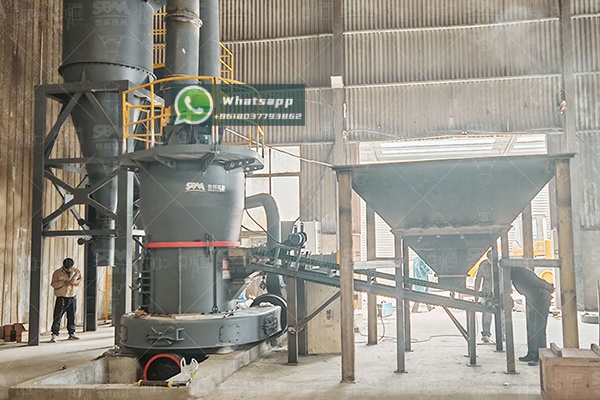The medical plastics industry represents one of the most demanding and rapidly evolving sectors in materials science. With stringent requirements for biocompatibility, sterilization resistance, mechanical properties, and regulatory compliance, manufacturers are constantly seeking advanced materials that can meet these challenges while maintaining cost-effectiveness. Among the various mineral fillers used in polymer composites, ultrafine calcite has emerged as a particularly valuable component for medical-grade plastics applications.
Calcite, a naturally occurring crystalline form of calcium carbonate (CaCO3), has long been used as a filler in plastics. However, the transition to ultrafine grades has unlocked new possibilities for medical applications. Ultrafine calcite fillers, typically with particle sizes below 10 microns and often extending into the nanometer range, offer significant advantages over conventional fillers.
In medical device manufacturing, these advantages include improved mechanical properties such as enhanced stiffness, impact resistance, and dimensional stability. The fine particle size allows for better dispersion within the polymer matrix, resulting in more homogeneous materials with consistent performance characteristics. This is particularly important for devices requiring precision manufacturing and reliable performance in critical healthcare applications.

The production of calcite fillers suitable for medical plastics demands exceptional control over particle size distribution, purity, and surface characteristics. Medical applications require:
Meeting these requirements begins with precise grinding technology capable of producing ultrafine particles while maintaining the crystalline structure and chemical integrity of the calcite.
Shanghai Zenith Machinery Co., Ltd., as an excellent manufacturer of ore grinding equipment in China, has made significant achievements in the field of ultra-fine powder grinding. The company’s specialized research, development, and production of industrial powder grinding equipment have positioned them as leaders in providing solutions for the medical-grade calcite market.
For the production of ultrafine calcite fillers meeting medical industry standards, Zenith recommends their LUM Ultrafine Vertical Mill as the primary solution. This advanced grinding system integrates multiple functions including grinding, drying, classifying, and transportation in a compact design that ensures optimal particle size control and product quality.
| Model | Main Machine Power (kW) | Capacity (t/h) | Size Distribution D97 (μm) |
|---|---|---|---|
| LUM1525 | 220-250 | 1.6-11.5 | 5-30 |
| LUM1632 | 280-315 | 2.0-13.5 | 5-30 |
| LUM1836 | 355-400 | 2.3-15 | 5-30 |
The LUM series excels in producing calcite fillers with the narrow particle size distributions required for medical applications. The intelligent control system allows for precise adjustment of grinding parameters to achieve specific particle characteristics, while the integrated classification system ensures consistent product quality batch after batch.
For applications requiring different particle characteristics or production scales, Zenith’s XZM Ultrafine Grinding Mill provides an excellent alternative. This mill is particularly suited for producing superfine calcite powders with fineness ranging from 325 to 2500 mesh, making it ideal for high-value medical applications where extreme fineness is required.
| Model | Working Diameter (mm) | Max Feed Size (mm) | Final Size (mesh) | Output (kg/h) | Main Motor Power (kW) |
|---|---|---|---|---|---|
| XZM221 | Φ800 | ≤20 | 325-2500 | 500-4500 | 75 |
| XZM268 | Φ1680 | ≤20 | 325-2500 | 5000-25000 | 315 |
The XZM series offers exceptional flexibility for calcite producers serving the medical plastics industry, with the ability to fine-tune particle size distributions to meet specific customer requirements.

Ultrafine calcite fillers find diverse applications across the medical device spectrum:
Calcite-filled polypropylene and polyethylene compounds provide the stiffness, dimensional stability, and autoclave resistance required for reusable surgical instruments. The improved thermal properties help maintain dimensional stability during repeated sterilization cycles.
Medical equipment housings benefit from the enhanced mechanical properties and improved surface finish provided by ultrafine calcite fillers. The whiteness of high-purity calcite contributes to the clean, professional appearance expected in healthcare settings.
In pharmaceutical packaging applications, calcite-filled polymers offer improved barrier properties, reduced permeability, and enhanced rigidity while maintaining compliance with pharmaceutical regulations.
The cost-reduction benefits of calcite fillers make them particularly valuable in single-use medical devices, where they help maintain performance standards while controlling manufacturing costs.
The production of medical-grade calcite fillers demands rigorous quality control throughout the manufacturing process. Zenith’s grinding equipment incorporates features that support these requirements:
Producers using Zenith equipment can achieve the consistent quality necessary for medical applications, with batch-to-batch variations minimized through the advanced control systems.
The use of Zenith’s advanced grinding technology for medical-grade calcite production offers significant economic advantages:
From an environmental perspective, the efficient grinding processes minimize energy consumption per ton of product, while the closed-system designs reduce dust emissions and environmental impact.

The medical plastics industry continues to evolve, with several trends driving the demand for advanced calcite fillers:
Shanghai Zenith Machinery continues to innovate in grinding technology to meet these evolving demands, with ongoing research and development focused on improving efficiency, product quality, and application versatility.
Ultrafine calcite fillers represent a critical component in the medical-grade plastics industry, offering a unique combination of performance enhancement, cost reduction, and regulatory compliance. The production of these specialized materials demands advanced grinding technology capable of delivering consistent quality with precise particle size control.
Shanghai Zenith Machinery’s LUM Ultrafine Vertical Mill and XZM Ultrafine Grinding Mill provide ideal solutions for calcite producers serving the medical industry. With their advanced design, precise control systems, and proven performance, these grinding systems enable the production of high-quality calcite fillers that meet the stringent requirements of medical device manufacturers.
As the medical plastics industry continues to advance, the partnership between material producers and equipment manufacturers like Shanghai Zenith Machinery will be essential in developing the next generation of high-performance, cost-effective materials for healthcare applications.